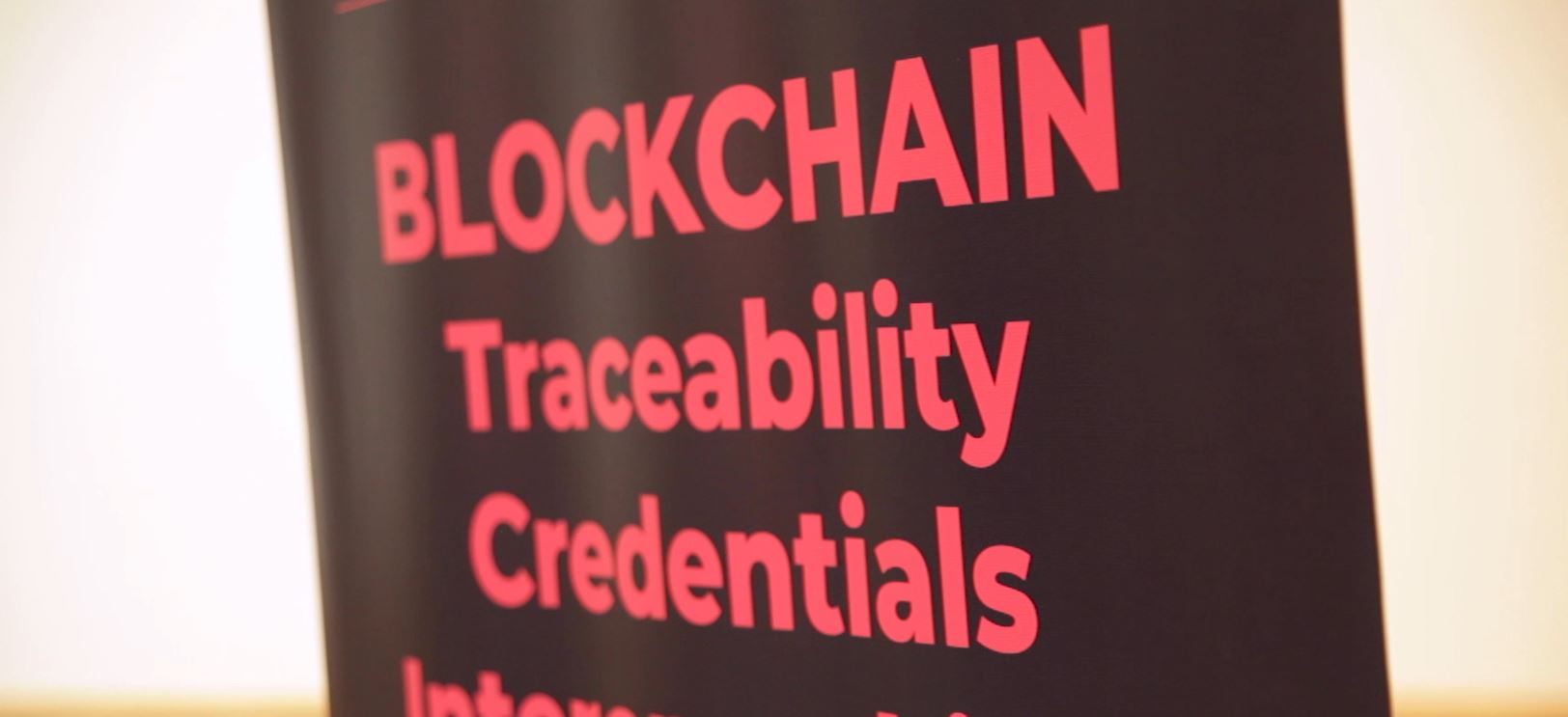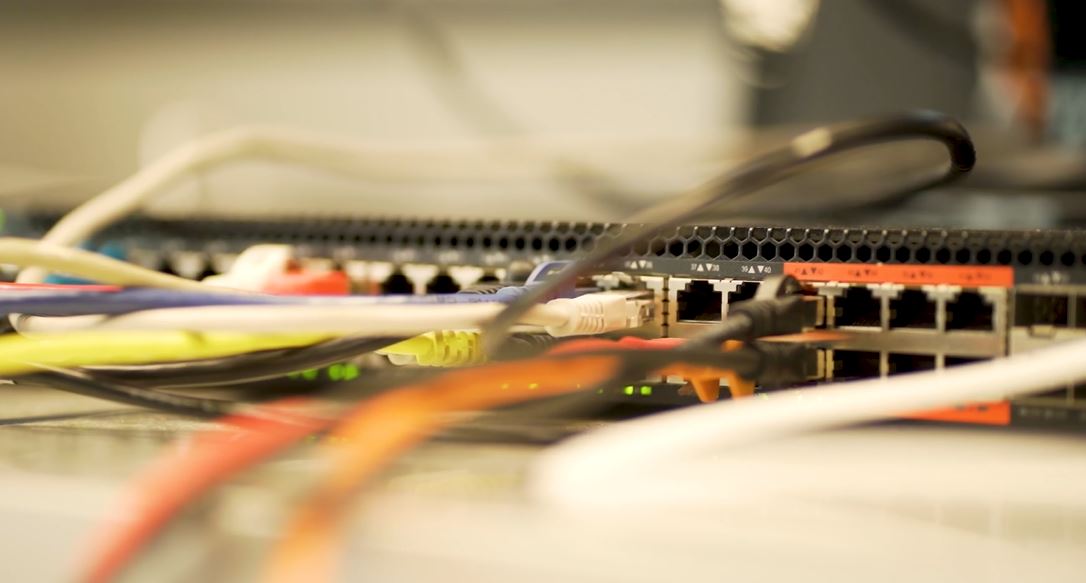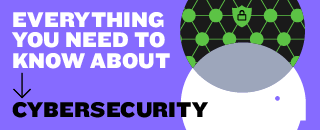
Network Administrator
Other denominations
Network Administrator
Description
Network administrators are responsible for network administration, in general the LAN and WAN networks (local and broad areas) and their entire environment, namely: hardware, system software, applications software and all configurations. The main functions are systems management and administration and their improvement.
Nowadays almost all major technologies rely on networks and connectivity. As these technologies advance, so do networks. Thus, on a more modern side, this occupation may also involve tasks related to the Cloud Architecture, such as the installation and configuration programming of cloud services parameters or the monitoring of correct data transfer.
Tasks
- Oversee network installation.
Responsible for selecting the equipment needed on the market, whether to fulfil requirements or to develop network improvements, at times working with the systems administrator. May participate in the original design of the network, always upholding the balance between profits and cost.
This professional is not in charge of installing the basic network, which shall be done by suppliers or technicians at the company itself, but is in charge of specific configuration and, where applicable, incorporating peripherals.
Take charge of testing how software and hardware operate. - Manage network maintenance.
Must create software programs to configure the network and its devices.
This professional is in charge to assign IP addresses when a computer is registered. Manage the access of people and data to the network and therefore control the data flow and manage any problem that may occur.
Must act as a network 'plumber' or, in other words, control and fix clogs or data 'drips'. It is important to know the hardware used well to be able to manage it correctly.
Assign network addresses, routing protocols and tables.
In charge of router maintenance (and their protocols) and for switches, firewalls, etc. - Provide service to users.
Resolve problems that may arise, adding the devices that each employee needs (printers, drivers for different services, etc.).
At times train users to use the network more efficiently. - Must perform network monitoring at times.
If there is no post of network manager, will be responsible for data transmission, controlling their flow, network reliability, redundancy (robust networks require redundancy: if a link fails, there must be alternative routes so they can continue operating on their own) and their performance.
Responsible for physical repairs: resolve problems that may arise in the devices (reconfiguration of routers, switches). - Assure network IT security.
Responsible for the confidentiality of information: prevent access to data from outside and establish a permissions system for the internal network.
In charge of user authentification processes.










 | Catalan | Beginner
| Catalan | Beginner | English | Advanced
| English | Advanced
 Open
Open



_tcm43-52768.png)
 | Catalan | Beginner
| Catalan | Beginner





